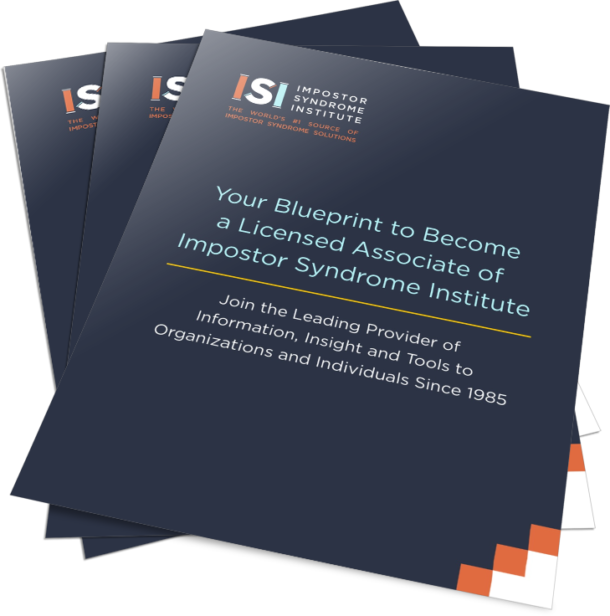For the Perfectionist, there is a single focus, and that is how something is done.
Your competence rule book is relatively straightforward.
- I should deliver an unblemished performance 100 percent of the time.
- Every aspect of my work must be of the highest standard.
- Nothing short of perfect is acceptable.
When you fail to measure up to these unrealistically high standards, it only confirms your feelings of impostorism.
Some Perfectionists hold themselves to these exacting standards, while others impose them on others.

At home, the latter might sound like this: No, honey, that’s not how you load a dishwasher —this is how you load a dishwasher.
There is a right and wrong way to do everything, from packing the car for vacation to managing a project.
Since no one can meet your precise standards, your motto is: “If you want something done right, you’ve got to do it yourself.”
If you do delegate, you are often frustrated and disappointed at the results.
To be clear, perfectionism is not the same as a healthy drive to strive for excellence.
You can seek excellence without demanding perfection. More importantly, non-Perfectionists will attempt challenging tasks and feel okay about themselves afterward, whether they succeed or not.
And they’re flexible enough to redefine success as the situation warrants.
That’s not to say they aren’t disappointed if they fail.
But if they gave it their best shot, there is no shame.
Not so for the Perfectionist. Indeed, for you, just the opposite occurs.
Quality-wise, Perfectionists always go for the gold, the A+, the top spot.
Anything less, and you subject yourself to harsh inner criticism, often experiencing deep shame at your perceived failure.
Precisely because there is such shame in failing, you may avoid altogether attempting anything new or challenging.
After all, getting things “right” takes a lot of effort, energy, and aggravation. It’s much easier not even to try than to put yourself through those paces and risk the humiliation of coming up short.
Even if you are extremely motivated, success is rarely satisfying because you always believe you could have done even better.
You get into a good school but are disappointed because you could have gotten into a better one.
You deliver a top-notch presentation, but then you kick yourself for not remembering to make some minor point.
You broker a significant transaction only to wonder if you could have struck an even better deal.
Perfectionism is a hard habit to break because it’s self-reinforcing. Because you do overprepare, you often turn out a stellar performance, which in turn reinforces your drive to maintain that perfect record. But it’s a huge setup. Because when you expect yourself and your work to always be perfect, it’s not a matter of if you will be disappointed but when.





